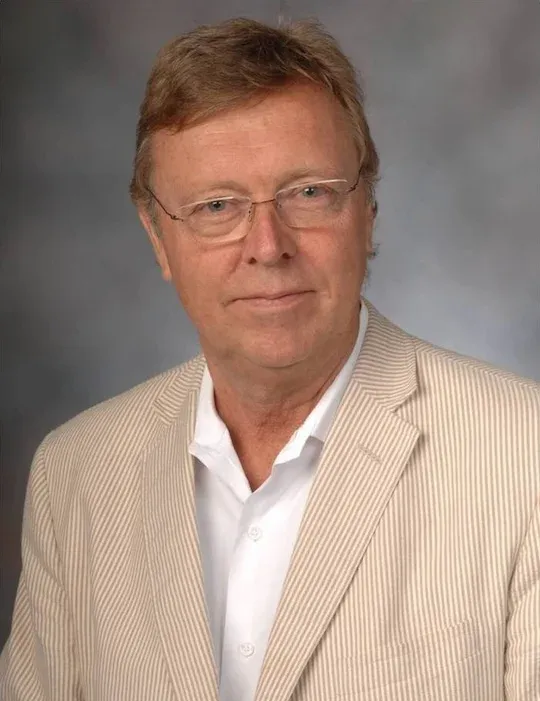The Rice University community is remembering Lars Lerup, a visionary designer, theorist and educator who served as dean of the School of Architecture from 1993 to 2009 and helped redefine how the university and the city of Houston think about design, urbanism and the built environment. Lerup passed away earlier this month at the age of 85.
A native of Sweden, Lerup’s career spanned continents and disciplines. Before arriving at Rice, he studied at the University of California, Berkeley and the Harvard Graduate School of Design, later joining UC Berkeley’s faculty. He was widely known for his inventive thinking on cities and urban form.
At Rice, Lerup guided the School of Architecture through a period of significant growth and renewal. As dean and the William Ward Watkin Professor, he championed a spirit of inquiry that bridged design, technology and theory, expanding the school’s reach internationally while deepening its connection to Houston.
“Lars Lerup’s tenure as dean was transformative for our school," said Igor Marjanović, the William Ward Watkin Dean of Architecture. “He brought a uniquely intellectual and experimental approach that challenged generations of students and faculty to think critically about architecture’s relationship to the city, to ecology and to human life. His ideas about Houston as a living laboratory continue to shape our identity and inspire our work today.”
Lerup also served the university through multiple leadership and advisory roles beyond the school. He served on The Rice Fund council from 1995 to 1999 during his tenure as dean. He was a member of the Association of Rice Alumni’s honors committee from 1994 to 1995 and participated in the Architecture Dean’s Circle, reflecting his ongoing commitment to the university’s mission and community.
Lerup and his wife, Eva, were generous supporters of Rice, contributing to both the School of Architecture and The Rice Fund to advance design education and student opportunity.
His scholarly and creative output was prolific. His books “Building the Unfinished” (1977), “Planned Assaults” (1987), “After the City” (2000) and “One Million Acres & No Zoning” (2011) explored the evolving relationships between architecture, ecology and society. Long before the terms “urban resilience” and “infrastructure ecology” became common, Lerup was charting those ideas in Houston — describing it as a “continuous city” whose unique sprawl offered lessons for the 21st-century metropolis.
After stepping down as dean, Lerup continued to teach and write at Rice. His work and teaching influenced architects and urban thinkers worldwide, and his writing remains central to conversations about architecture’s social and environmental responsibilities.
"Lars Lerup was a vigilant guardian of the academy’s central mission: always question the condition of things,” said Carlos Jiménez, professor at the School of Architecture. “He loved to live well and fully. Yet also he felt ethically compelled not to sacrifice his skepticism. He yearned for the truths of knowledge and friendship. His appetite for observation was a search for truth itself, as his curiosity was boundless. Fueling his inclination to provoke was the passion that drove him to celebrate his own achievements and shortcomings, as well as those of others.”
A celebration of life is being planned by the Rice School of Architecture for Saturday, February 7, 2026, at 2 p.m. at the Rice Memorial Chapel in Houston.
Source:
https://news.rice.edu/news/2025/remembering-lars-lerup-visionary-design…


